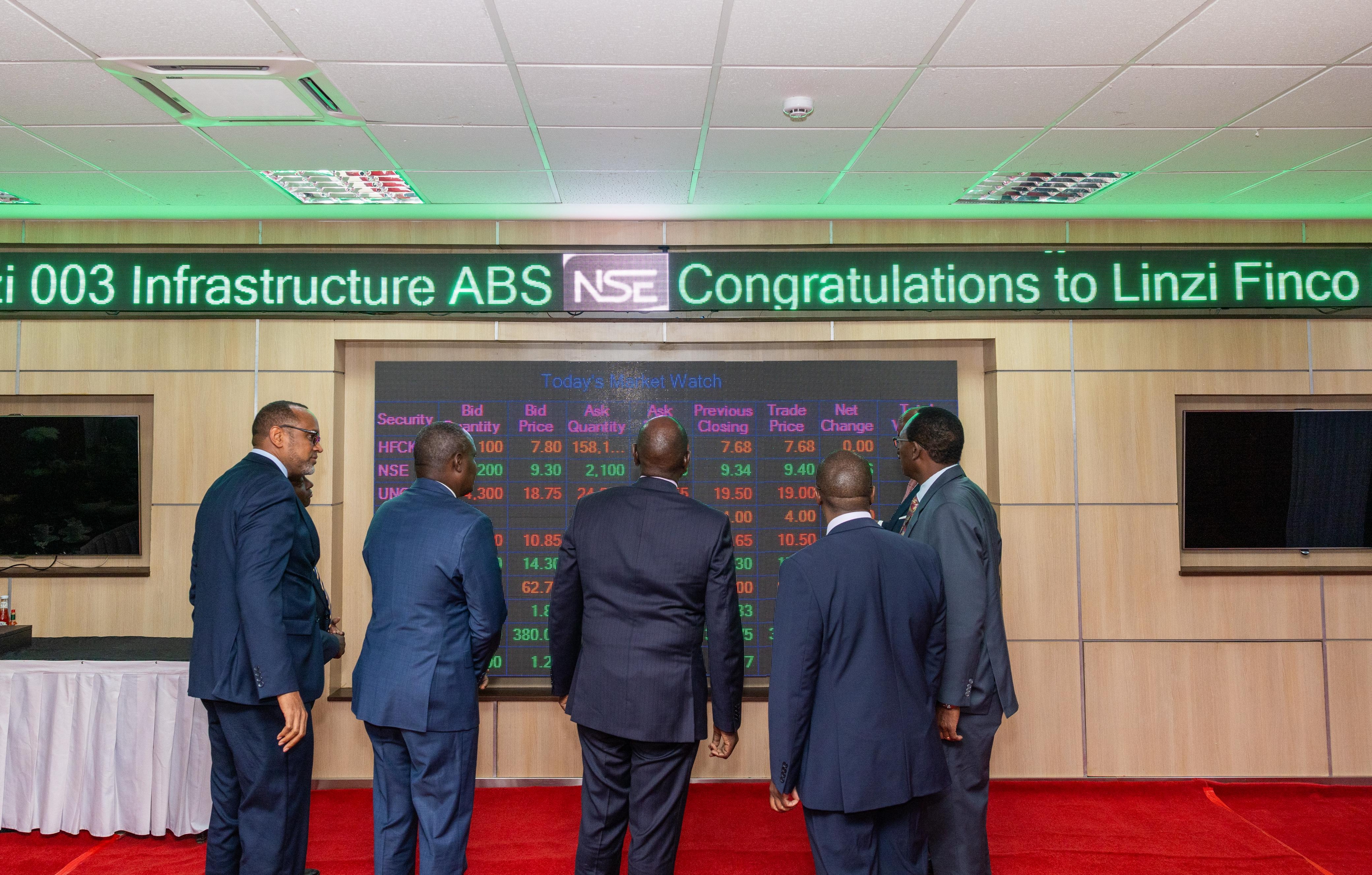Kenya made a significant leap Monday in its pursuit of the first-ever nuclear plant by unveiling a comprehensive strategic blueprint that is set to steer its implementation.
The government plans to begin the construction of the project in 2027 and operations are targeted for 2034 as it seeks to diversify its energy generation.
Geothermal accounts for the largest share of power produced for use locally followed by hydro and solar.
Already, two sites have been identified in Kilifi and Kwale counties where the plant will be set up with technical and feasibility studies having been conducted as part of the plans in place.
Energy Cabinet Secretary Davis Chirchir in a speech read on his behalf by Principal Secretary Alex Wachira during the launch revealed that the country has also commenced the signing of relevant treaties and conventions that relate to nuclear power.
According to Chirchir, the government is fully committed to implementing the power program while adhering to the highest international standards.
Its implementation, he said, offers a unique combination of reliability, affordability and low-carbon emission making it an indispensable component of the country’s energy future.
“We have identified energy as the key enabler of the vision 2030,” he noted.
“Access to clean; environmentally friendly, reliable and sustainable energy is essential for achieving the government’s vision 2030 and the bottom-up economic transformation agenda,” he added.
The government, he pointed out, is currently training Kenyans in nuclear-related courses both locally and abroad.
It has also developed legal and regulatory frameworks for a nuclear power program which he pointed out is a catalyst for economic growth, a driver of technological innovation and a cornerstone of efforts to combat climate change.
The 2023-2027 plan launched by the Nuclear Power and Energy Agency (NuPEA) will provide a clear strategy for the development of requisite infrastructure for the construction, operation, maintenance and decommissioning of nuclear facilities safely and securely.
Its successful implementation will also see an enhanced understanding, social acceptance, and support for the nuclear power and research reactor programs as well as increased stakeholder support and participation in energy research.
Additionally, the plan will lead to a developed research infrastructure, enhanced human resource capacity in the energy and petroleum sectors, and strengthened collaboration with local and international research and academic institutions.
“Enhanced coordination and implementation framework of capacity building in the energy and petroleum sectors and good corporate governance practices, enhanced human capital management and establishment of quality management systems,” reads the report.
NuPEA board chair Ezra Odhiambo called on all stakeholders to support the full implementation of the strategic plan.
He said in developing the framework, they engaged the relevant stakeholders including the public.
The installation of the plant, he said, is guided by the International Atomic Energy Agency (IAEA) noting there are critical issues that ought to be addressed before “one can be welcomed to the nuclear club”.
"It involves a comprehensive legal framework and a rigorous process of identifying and commissioning the sites to make sure it is suitable and that it does not in any way interfere with the environment and this process takes three years to accomplish," he said.
IAEA gave Kenya a nod in 2021 to proceed with the plan, a journey which commenced in 2010.
Agency’s CEO Justus Wabuyabo on his part said they have signed MoUs with various countries including the US, South Korea and China on its implementation.
“We are looking for a partner that is responsive to our needs which includes training our people in this area,” he said.
The project with a capacity of 1,000 megawatts, Wabuyabo disclosed, is estimated to cost Sh500 billion.
While the cost of the project was high, the CEO was quick to explain that the operation and maintenance were low.
"The economic benefits of nuclear power outweigh the cost...as we speak over 438 reactors are in operation across the world," he stated.
These reactors, he said, provide over 398.8 gigawatts of clean electricity with 58 reactors in various stages of construction.
South Africa is the only country in Africa which utilizes nuclear technology to generate electricity with Egypt at an advanced stage to commission its first plant.
The tendering process for the project is set to be floated in 2027.
Wachira at the same time said that the Ministry will offer the necessary support to ensure the outcome of the strategic plan is met and the mandate of NuPEA is realized as the country progresses to deliver the first plan.
Director of Public Prosecution Renson Ingonga among other stakeholders attended the event.
Board members and CEOs of various agencies in the energy sector were also in attendance.













